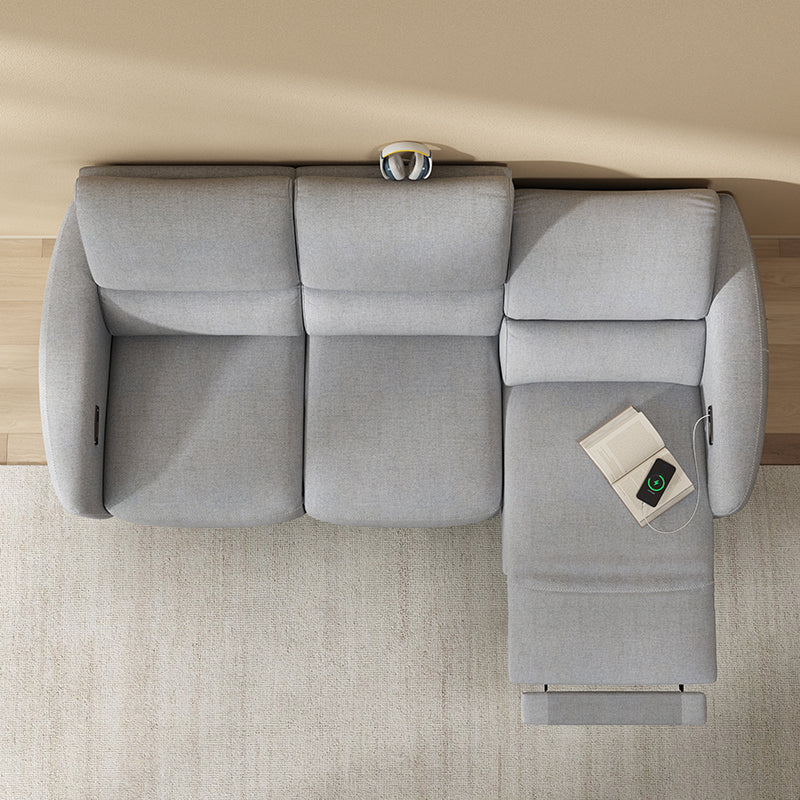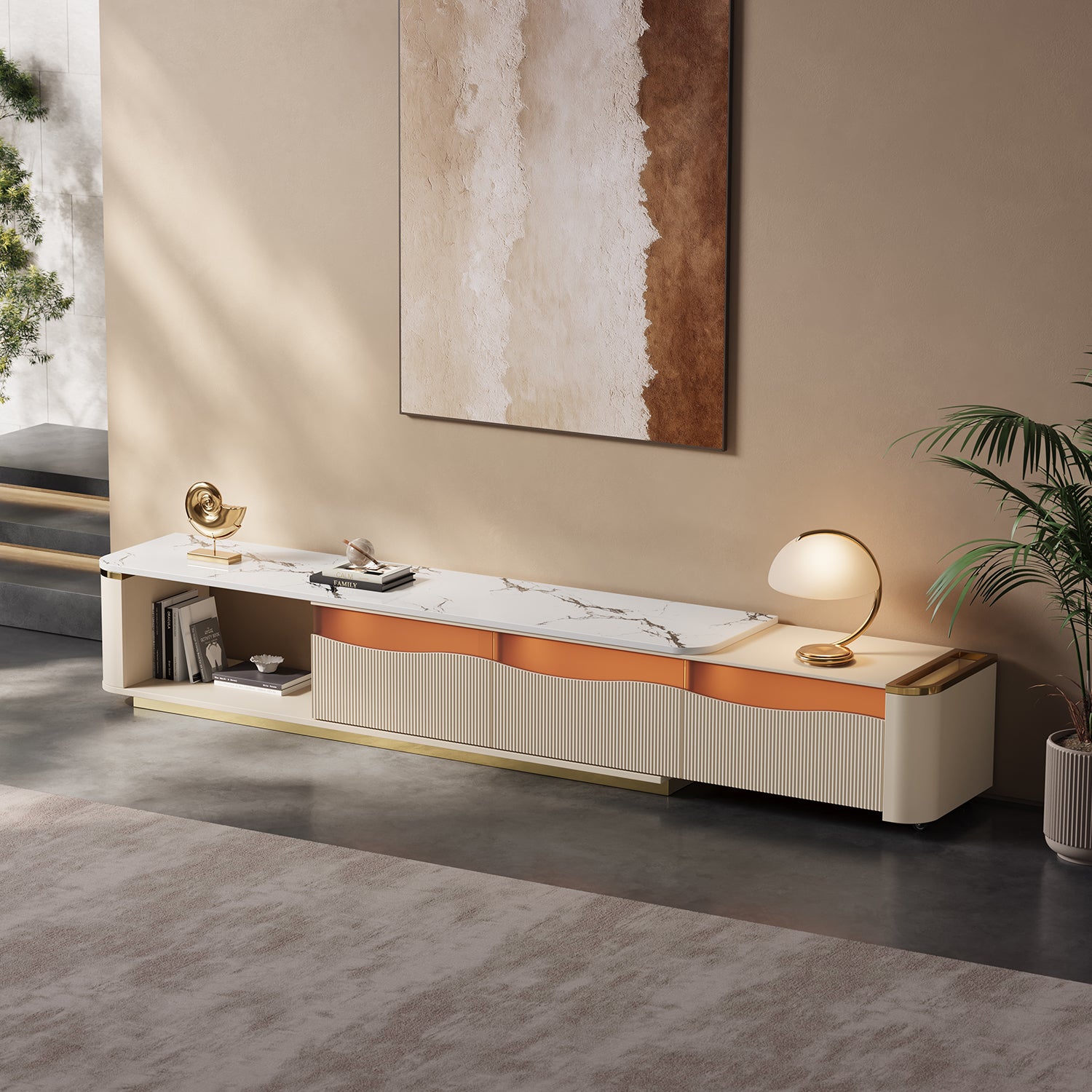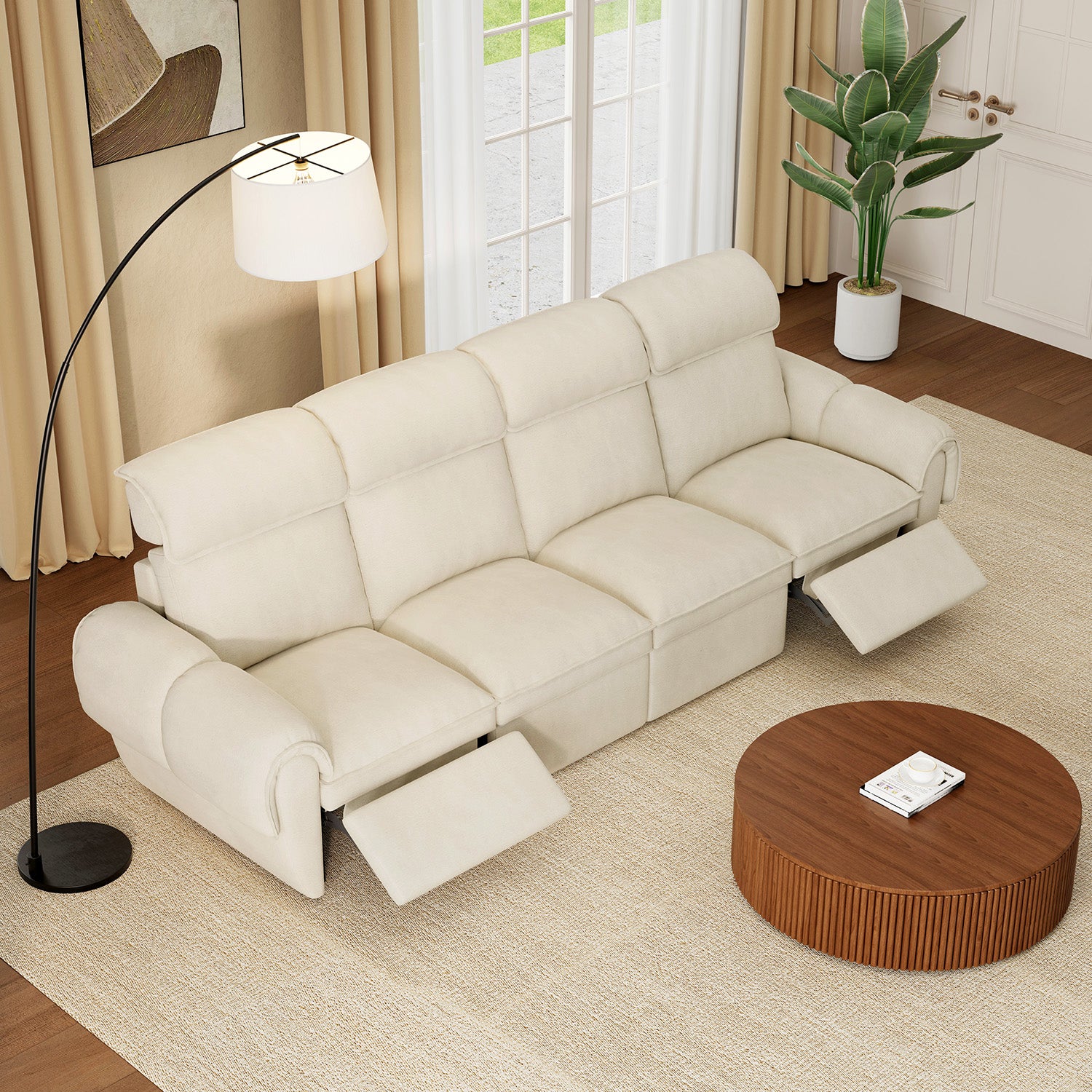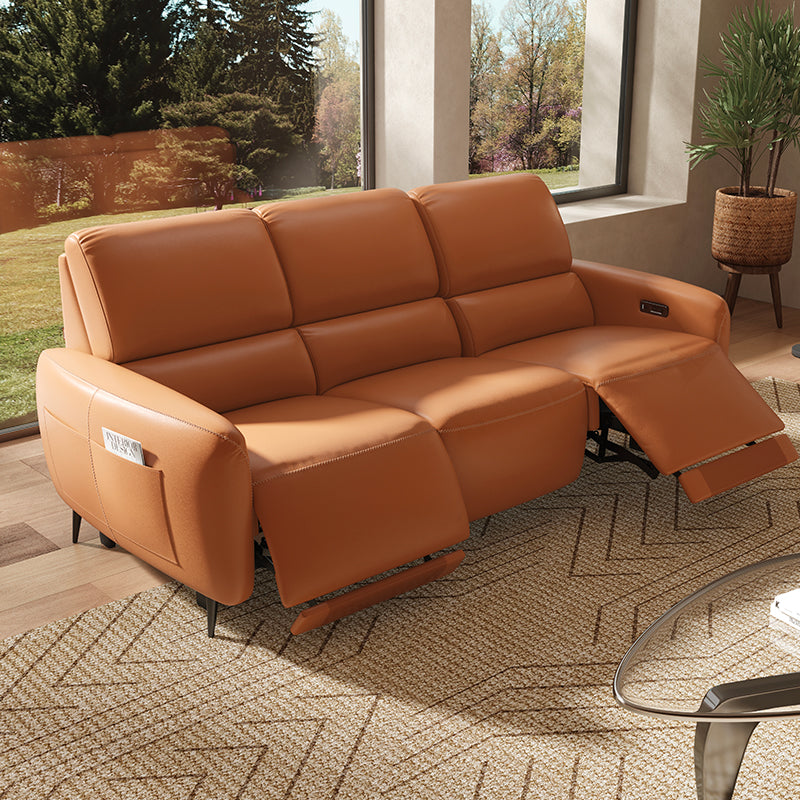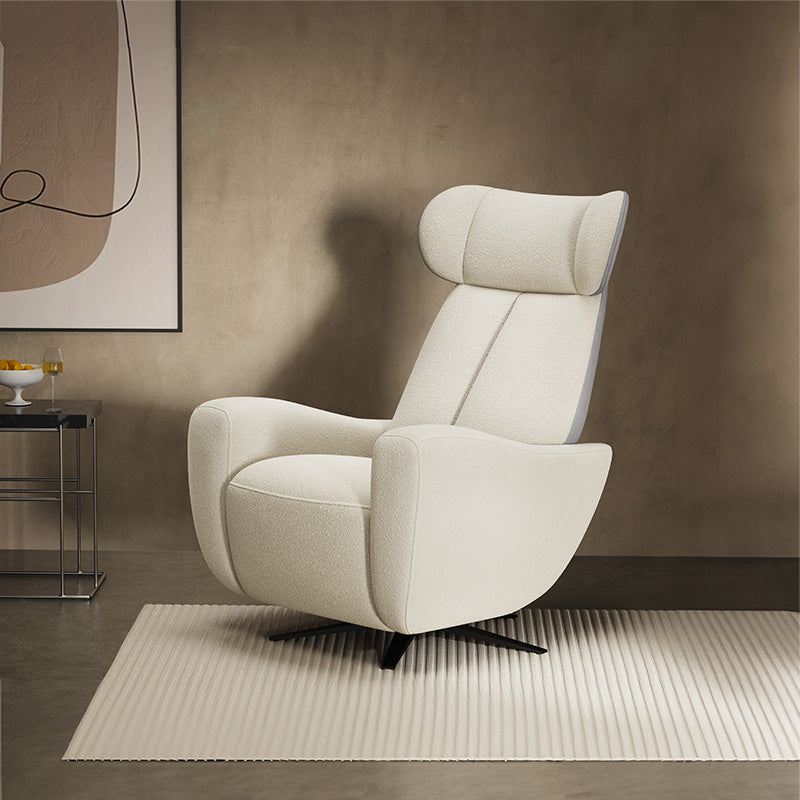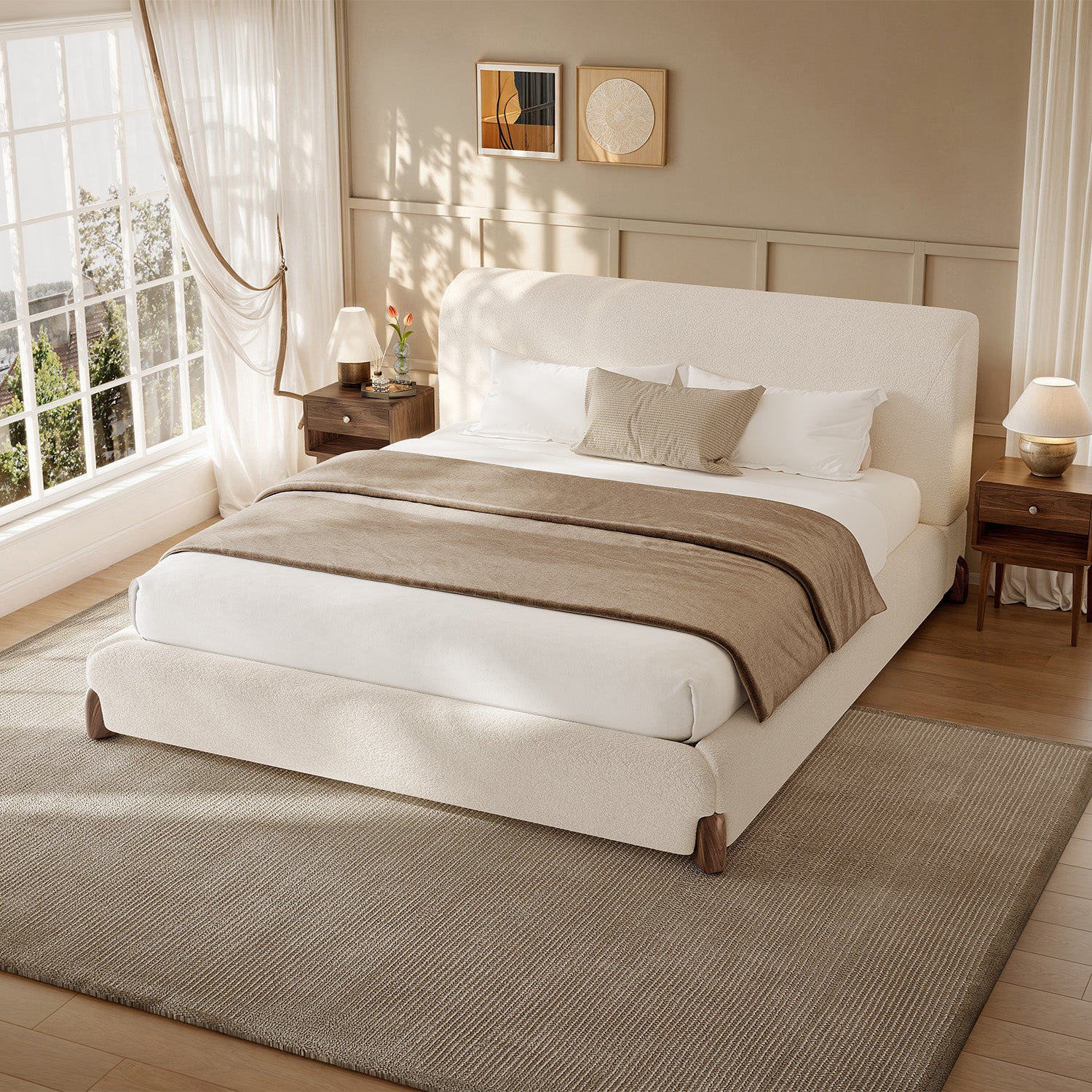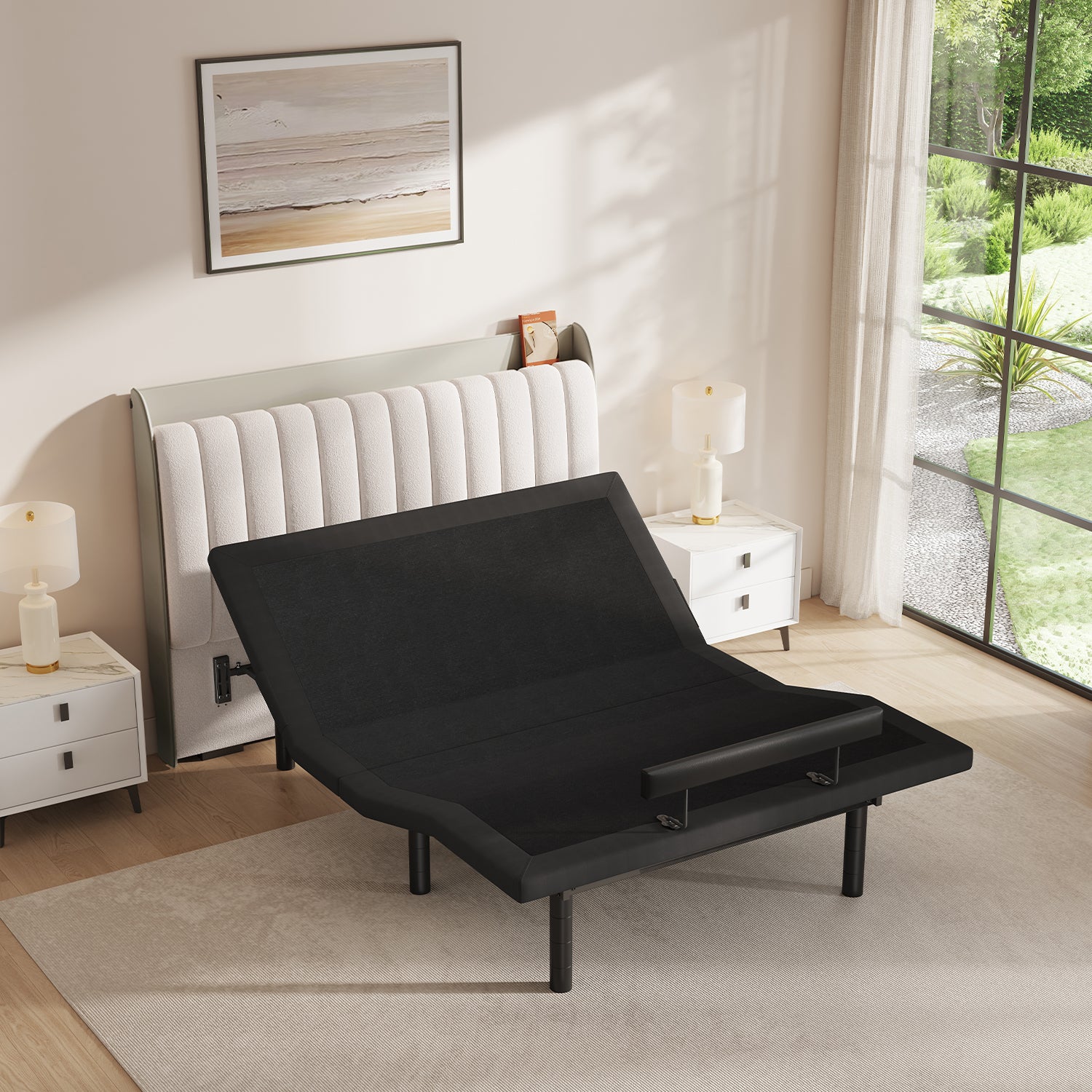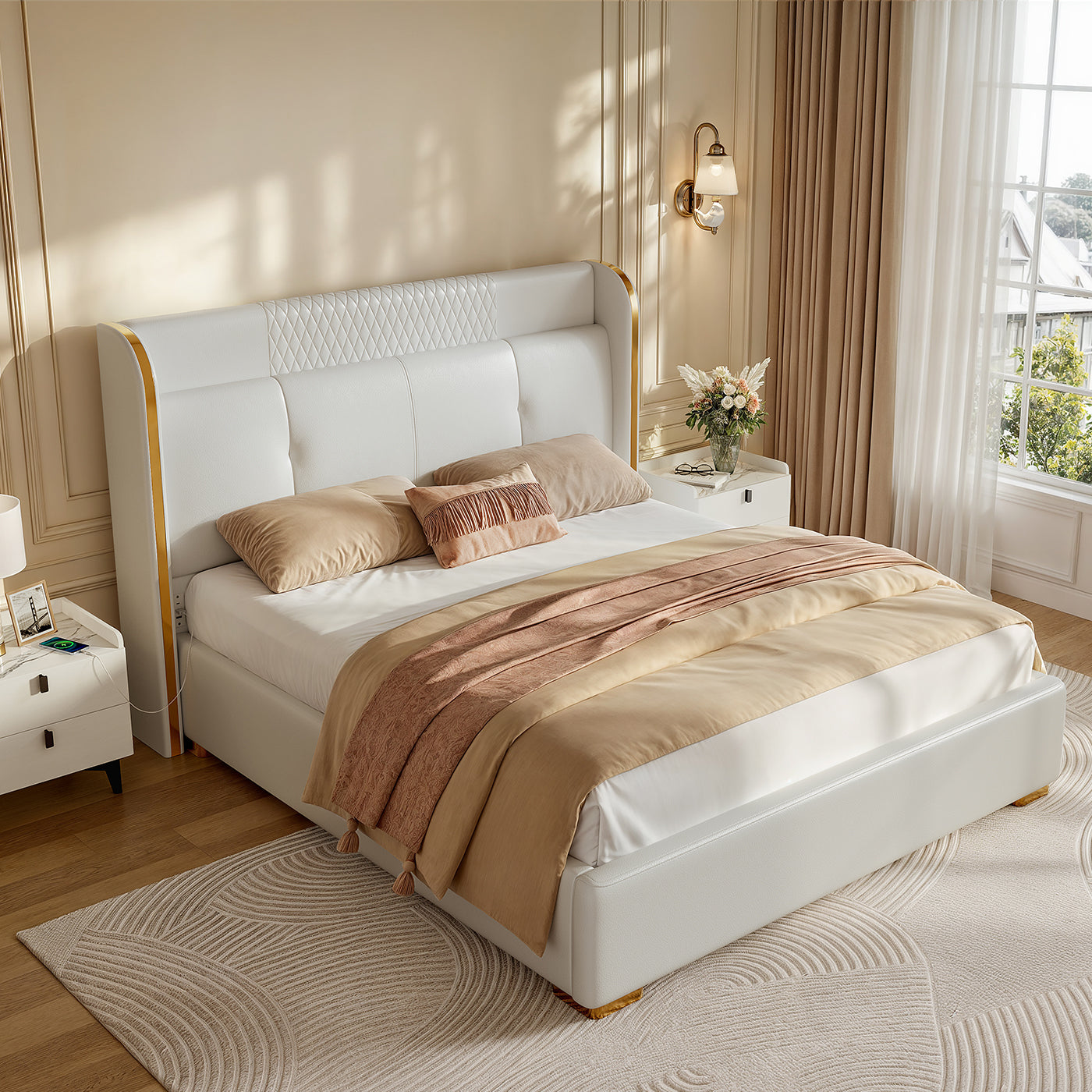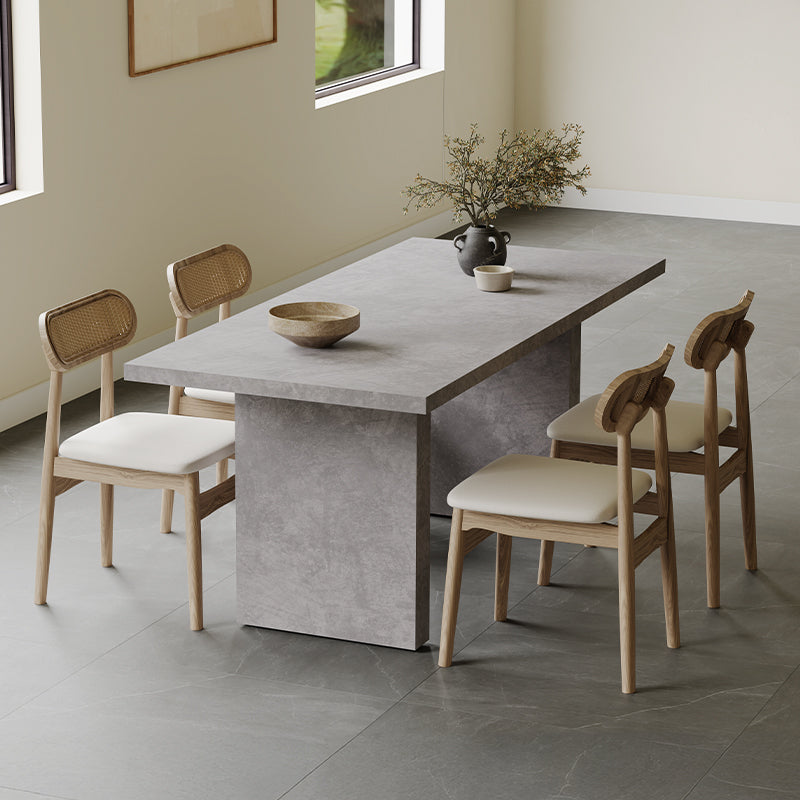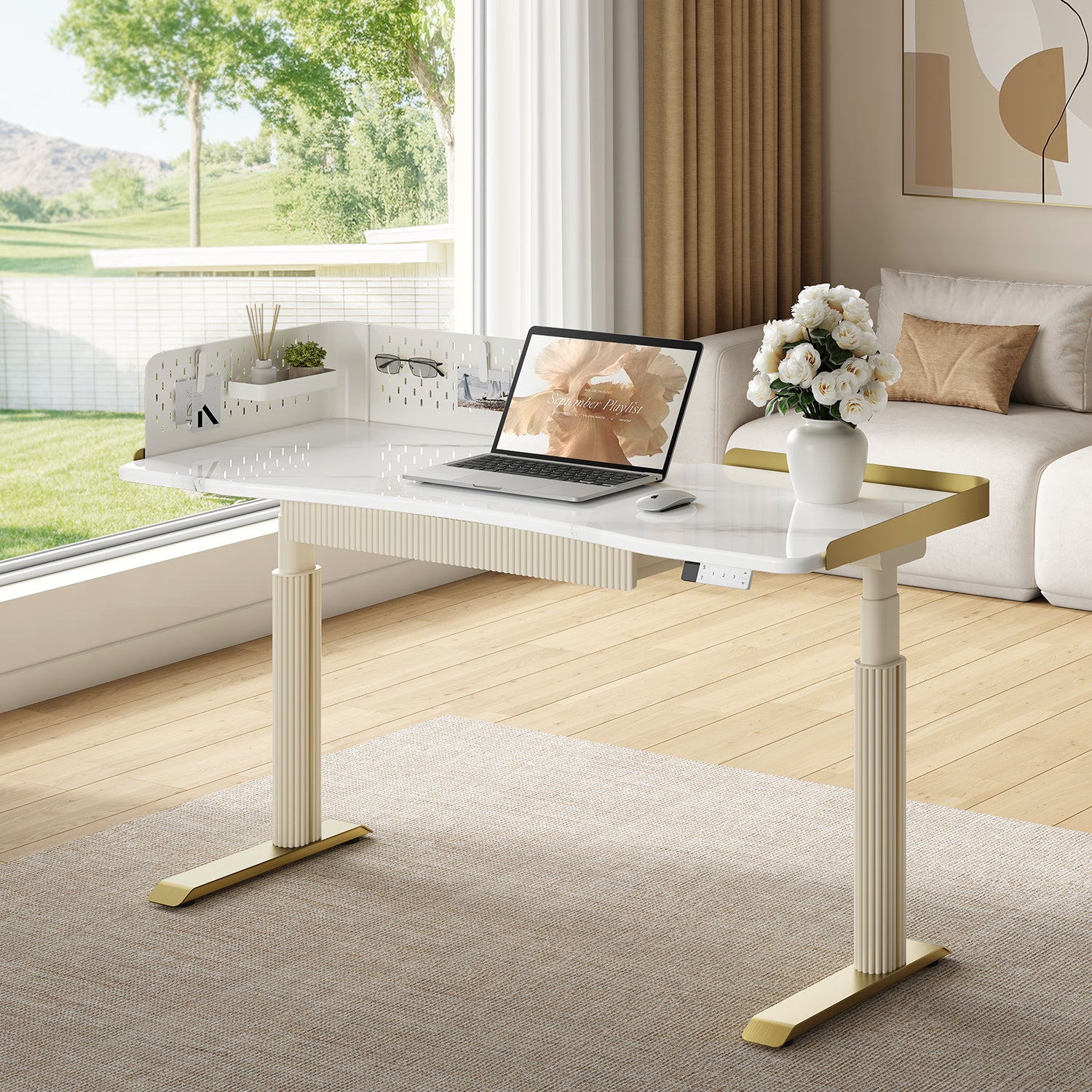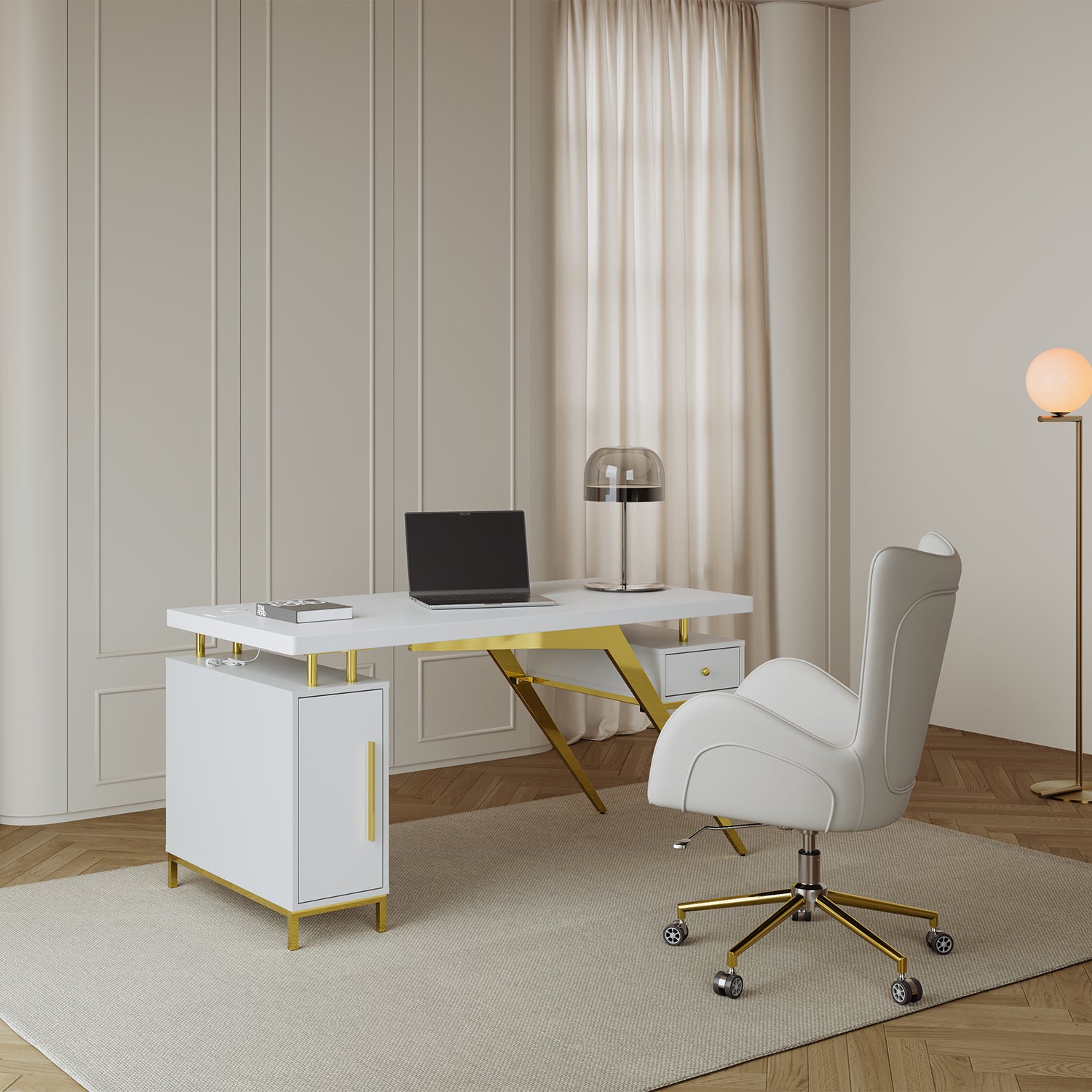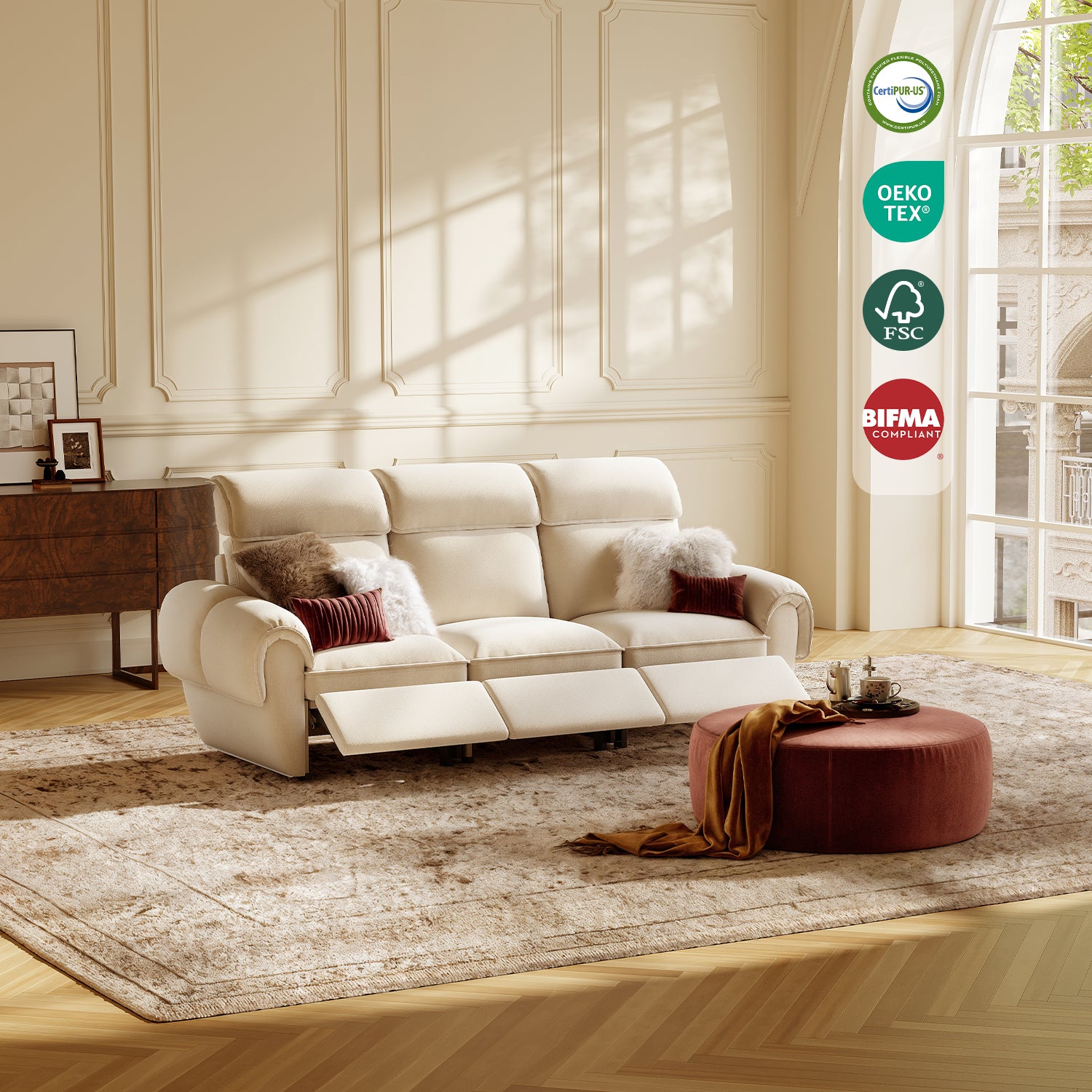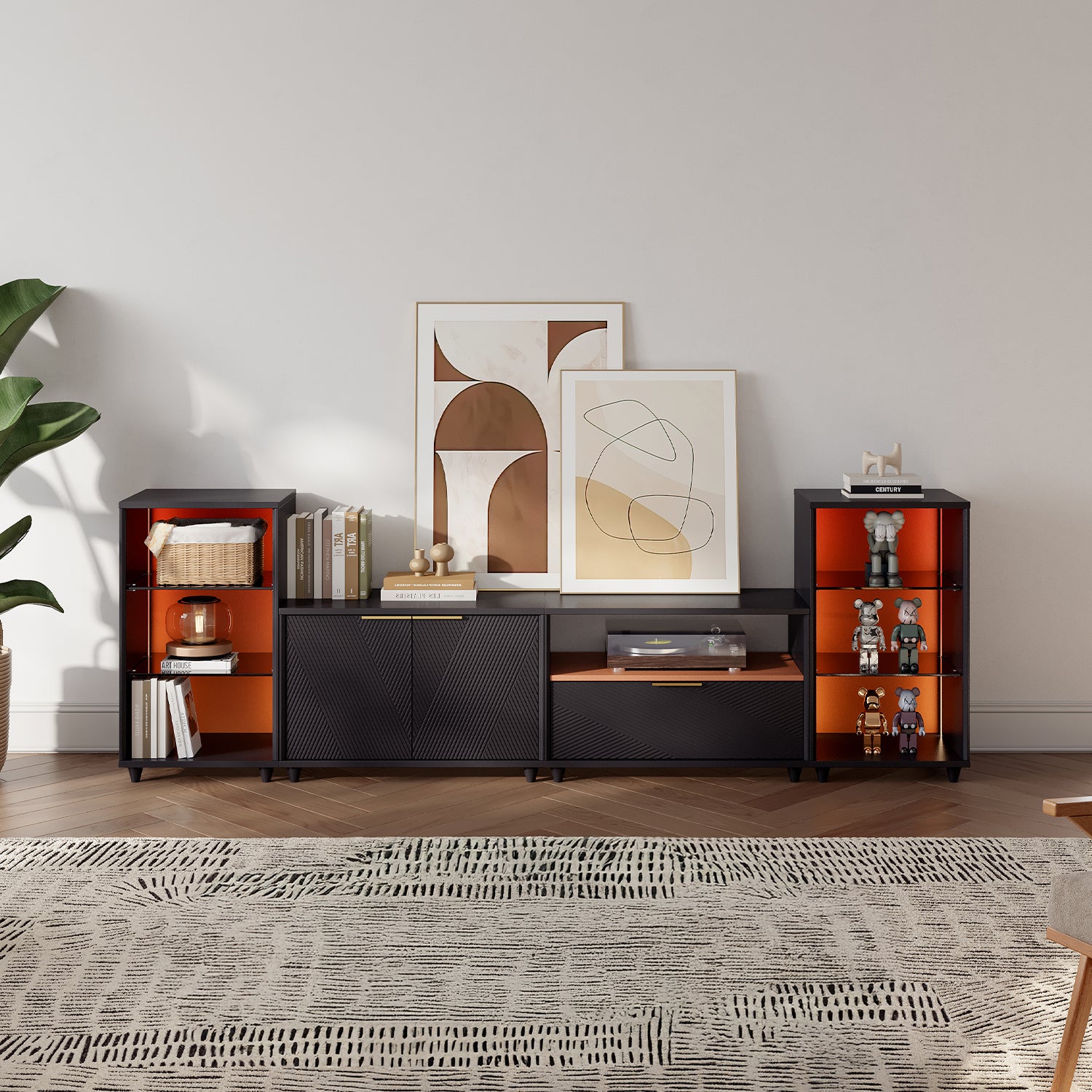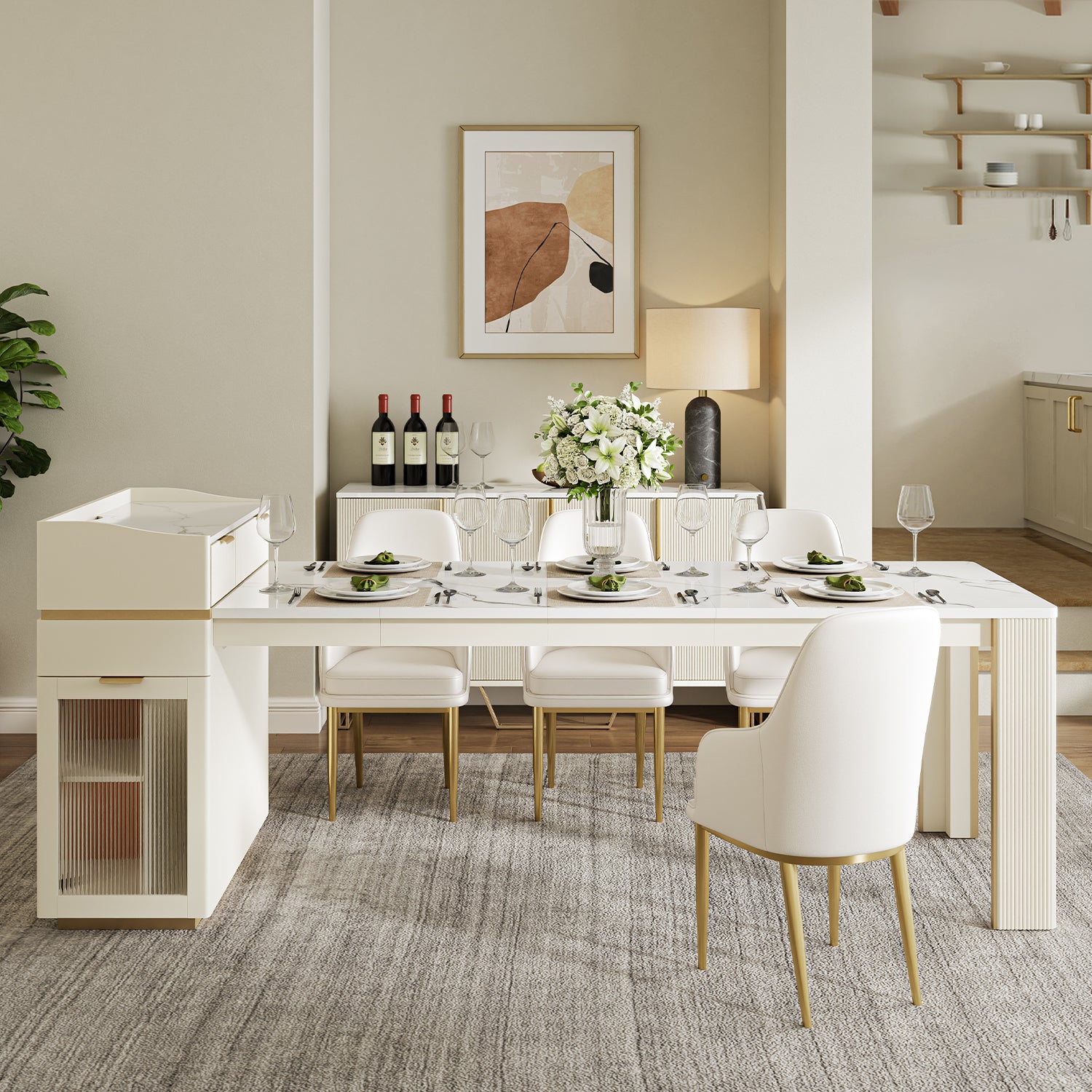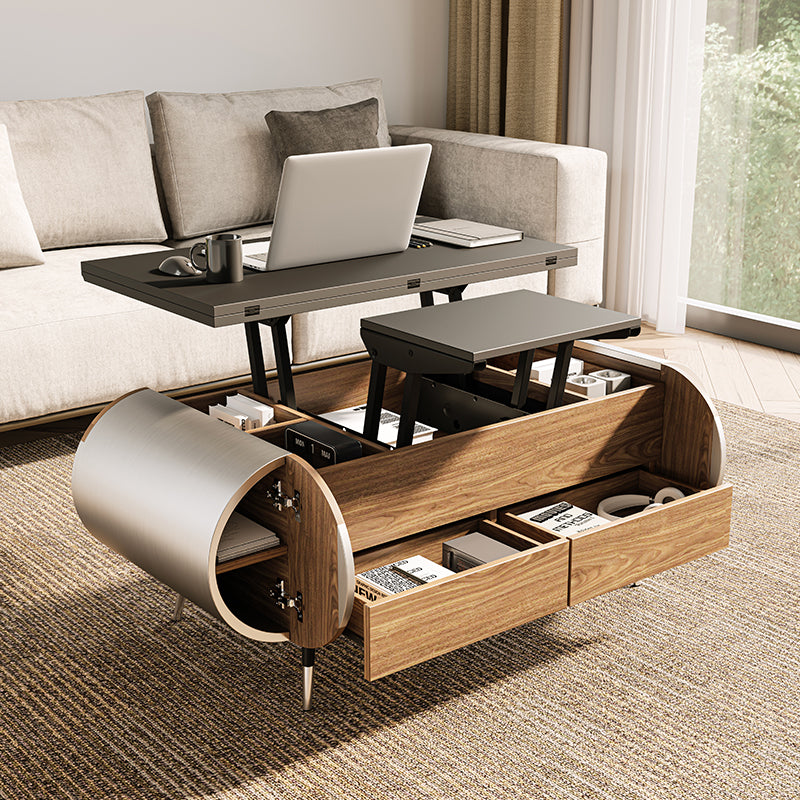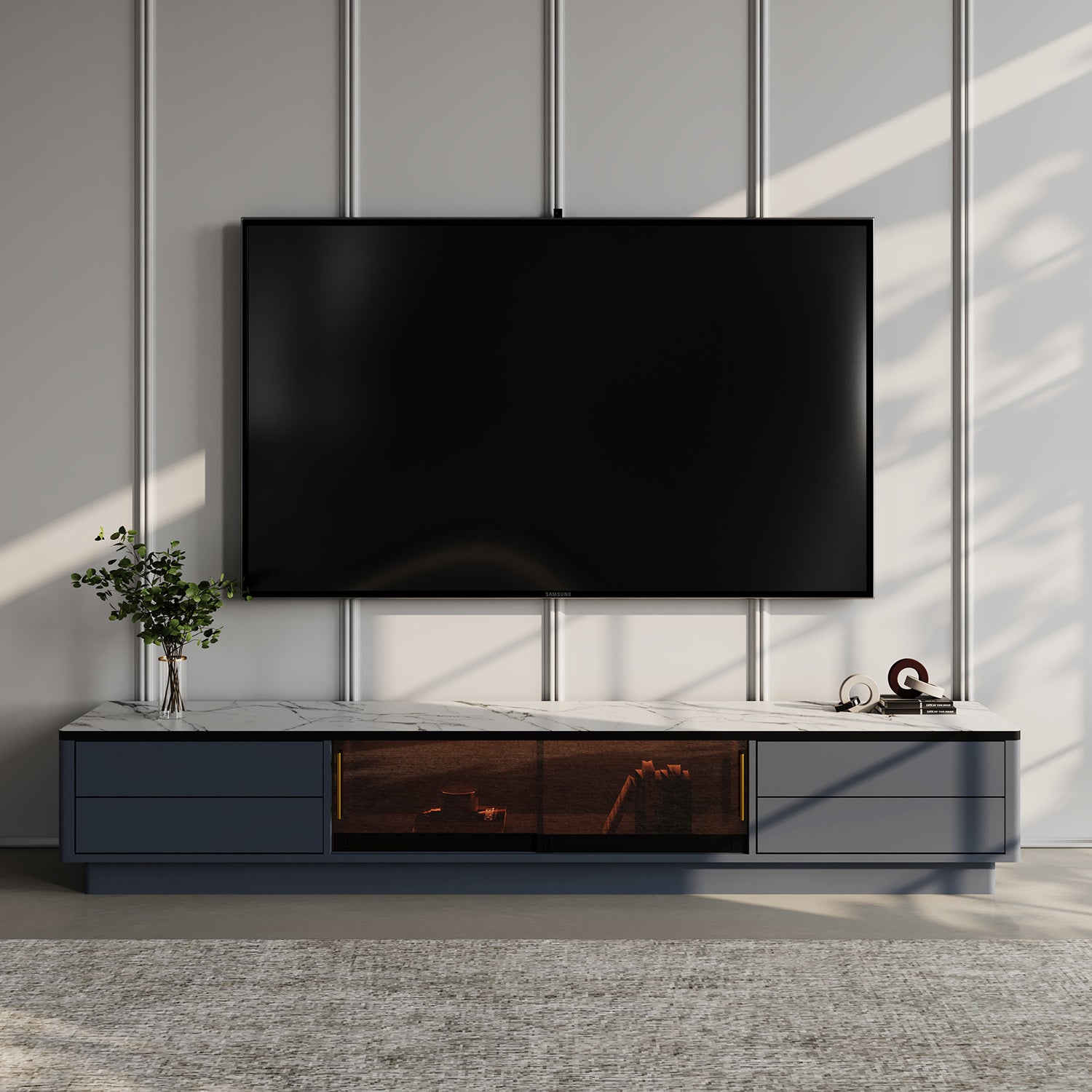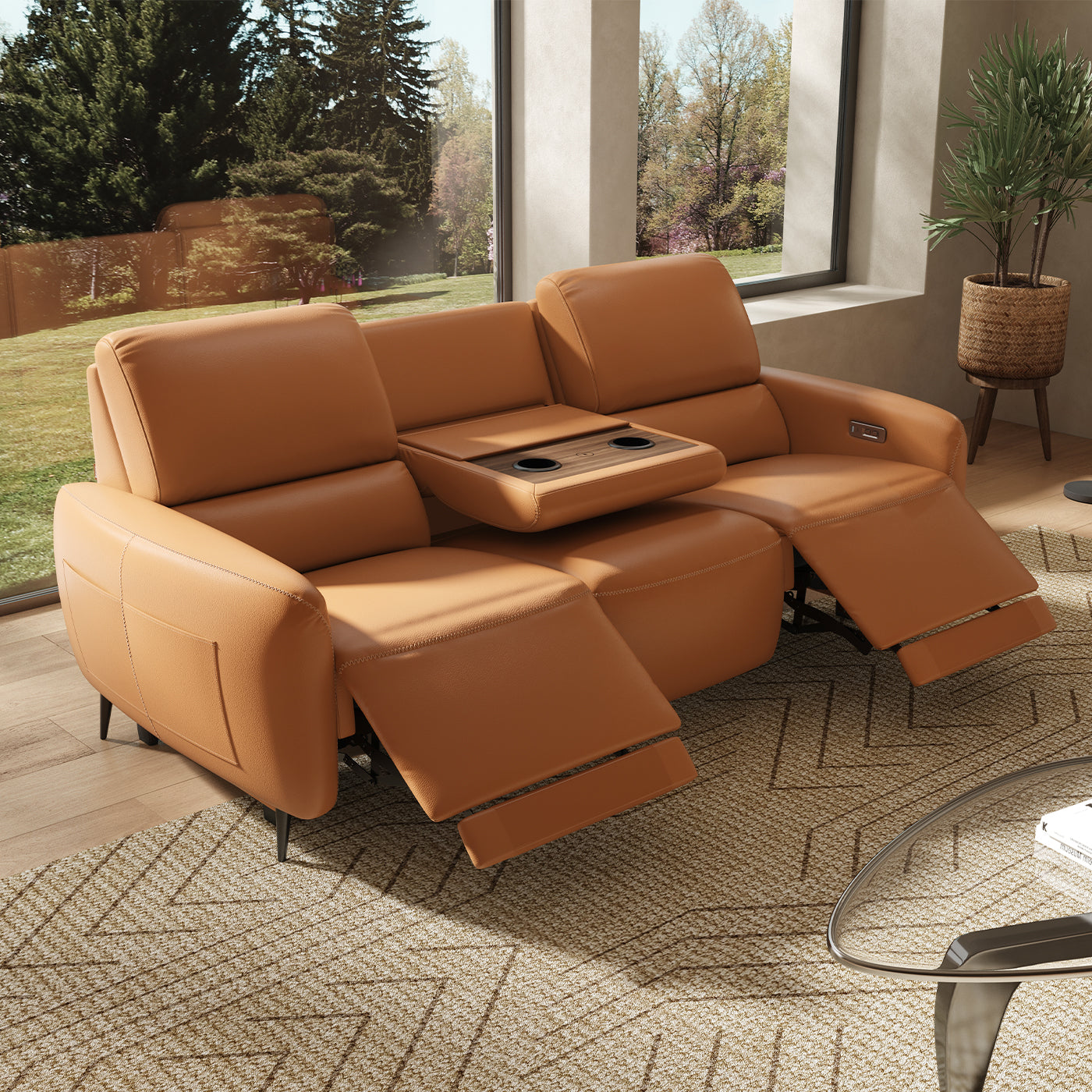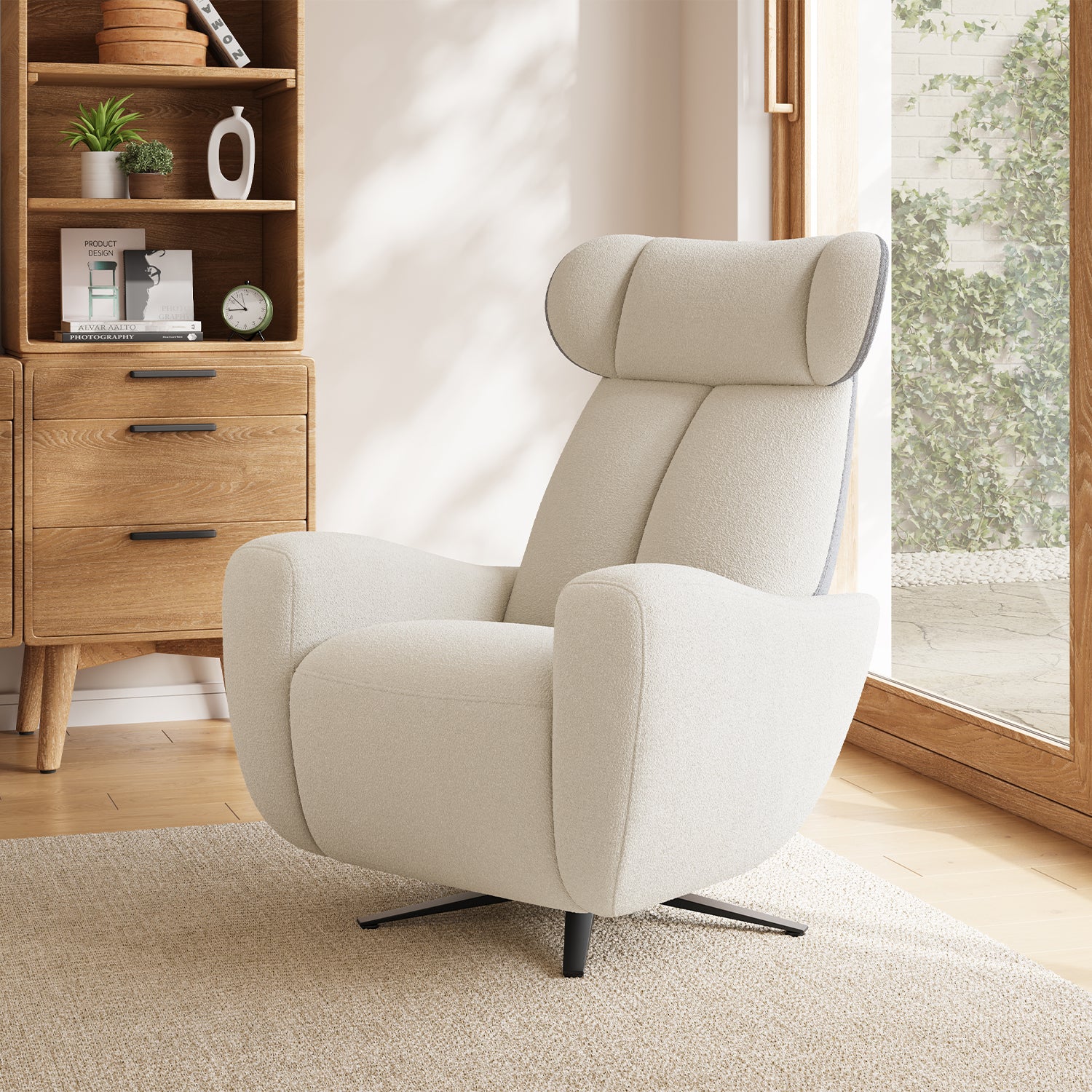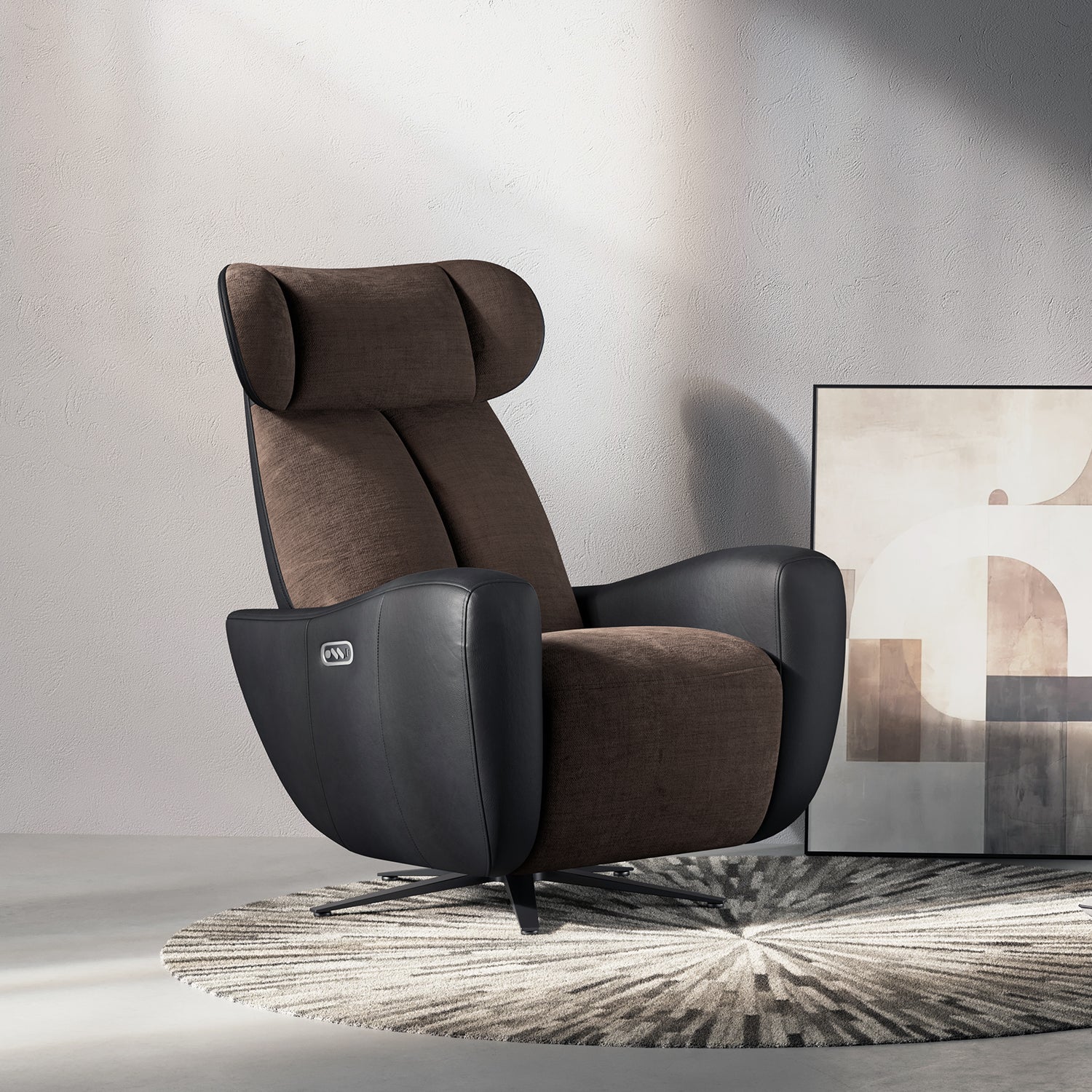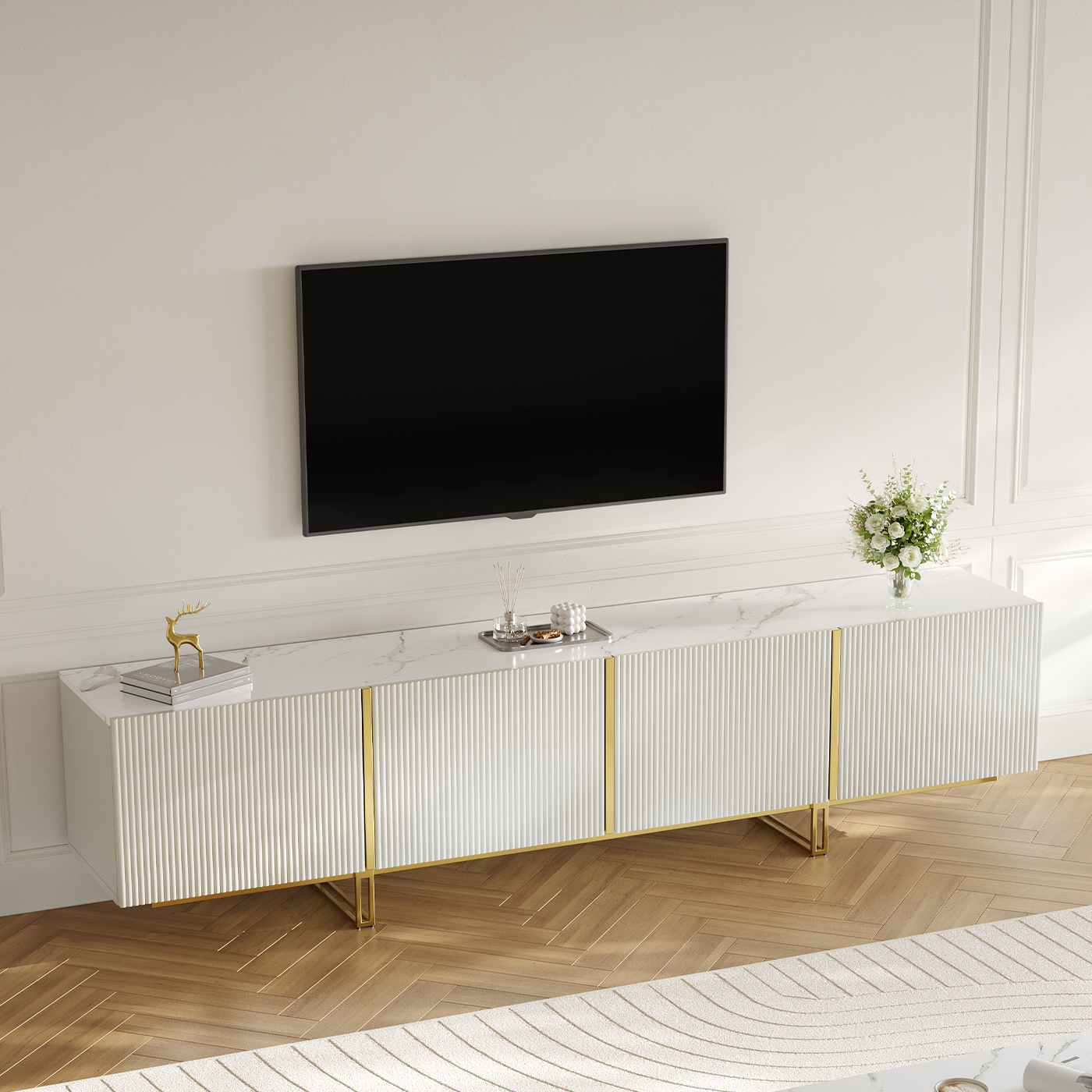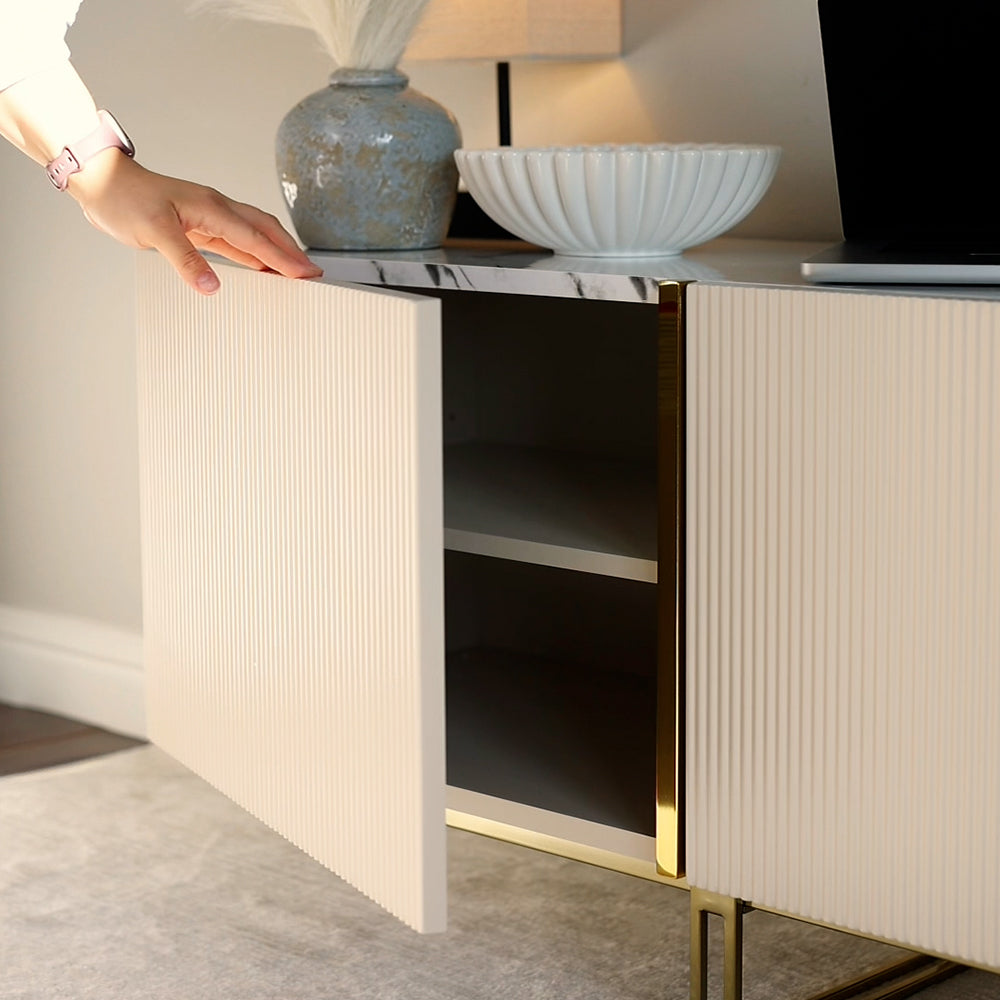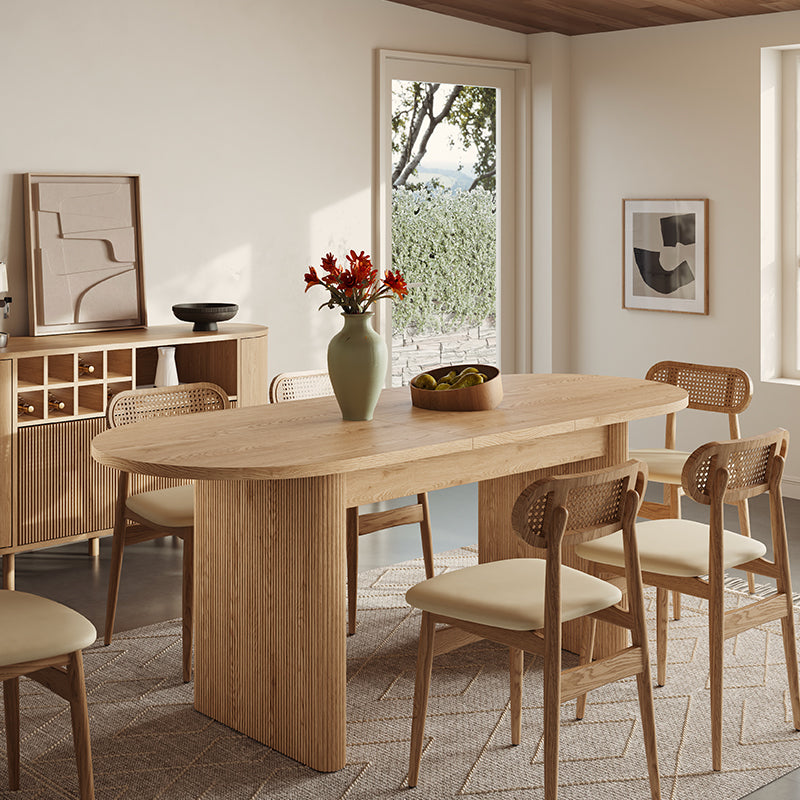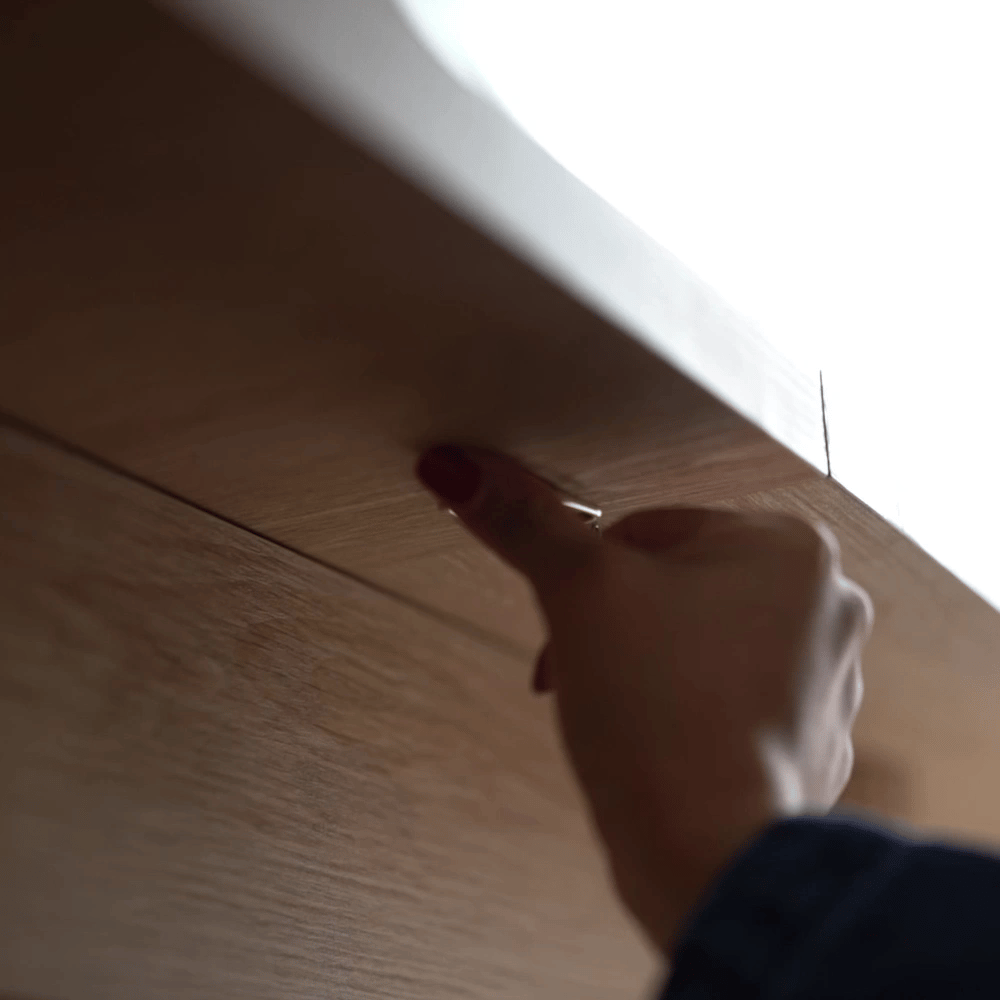Somebody would know how important it is to pick the right sofa who has ever had a bad back. It’s not just about how it looks in your living space — it's also about how it feels when you sit on it for your sore back. The right couch can make all the difference, giving you that “ahh, this feels good” moment instead of “ouch, this hurts." In this article, we'll chat about what makes a sofa great for your back pain and share some tips to help you find one about comfort and support, don't worry!
Table of Content
1. Understanding Back Pain
Before diving into specific sofa types, it's essential to understand the relationship between back pain and seating. Back pain can stem from various sources, including poor posture, muscle strain, or spinal issues. A sofa that promotes proper alignment and offers adequate support can help mitigate these problems.
2. Key Features to Look For
1. Firmness
A sofa's firmness plays a crucial role in back support. While it might be tempting to choose a soft, plush sofa, these often lack the necessary support for the lower back. Look for a medium-firm to firm sofa that provides a stable base while still offering some cushioning for comfort. This firmness helps maintain proper spinal alignment.
2. Lumbar Support
Sofas with built-in lumbar support are ideal for those with back pain. This feature helps maintain the natural curve of the lower back, reducing strain and discomfort. Some sofas come with adjustable lumbar support, allowing you to customize the fit based on your preferences.
3. Seat Depth
The seat depth of a sofa is another critical factor. A seat that’s too deep can cause you to slouch, leading to poor posture and back pain. Conversely, a seat that’s too shallow may not provide enough support. Look for sofas with a seat depth of 20 to 22 inches, which typically accommodates most body types comfortably.
4. Height
The height of the sofa is also important. A sofa that’s too low can make it challenging to get up, straining your back in the process. A seat height of about 18 to 20 inches is generally ideal for most people, as it allows for easier standing and sitting.
5. Material
The material of the sofa can impact comfort and support. Look for high-density foam cushions that retain their shape over time, providing consistent support. Additionally, breathable fabrics, such as cotton or linen, can help keep you comfortable and cool.
3. Types of Sofas Ideal for Bad Backs
1. Reclining Sofas
Reclining sofas can be particularly beneficial for those with back pain. They allow you to adjust your seating position, providing customized support for your back and legs. Look for models with built-in lumbar support and a smooth reclining mechanism that doesn’t require too much effort to operate.
2. Sectional Sofas
Sectional sofas can offer flexibility and support. With their varied configurations, you can choose a setup that provides ample lumbar support and accommodates your body comfortably. When selecting a sectional, ensure that the cushions are firm and that the backrests provide adequate height for support.
3. Ergonomic Sofas
Ergonomic sofas are specifically designed to support the body's natural posture. These sofas often feature adjustable components, such as headrests and lumbar support, allowing you to customize the fit. Investing in an ergonomic sofa can significantly improve your comfort, especially if you spend long periods sitting.
4. Sofa Beds
Sofa beds can be a practical option, especially for those who need additional sleeping space. Look for models with a supportive mattress that won’t sag when used as a bed. A good quality sofa bed can provide both seating and sleeping comfort, making it versatile for those with back issues.
5. Loveseats
For smaller spaces, a loveseat can be a great option. These compact sofas often provide adequate support without the bulk of a larger sofa. When choosing a loveseat, prioritize models with firm cushions and good lumbar support to ensure comfort.
4. Additional Tips for Sofa Comfort
1. Add Supportive Cushions:
If your sofa lacks lumbar support, consider adding a supportive cushion or lumbar roll to help maintain proper alignment.
2. Maintain Good Posture:
While sitting, keep your feet flat on the floor and avoid crossing your legs. Good posture can alleviate strain on your back.
3. Take Breaks:
If you're sitting for long periods, make a habit of standing up and stretching regularly to relieve tension in your back.
4. Consult a Professional:
If you’re struggling with persistent back pain, consider consulting a healthcare professional. They can provide personalized recommendations and may suggest specific types of seating that could help.
Conclusion
Choosing the right sofa is crucial for anyone dealing with back pain. By focusing on features such as firmness, lumbar support, seat depth, and height, you can find a sofa that promotes comfort and good posture. Whether you opt for a reclining sofa, sectional, ergonomic model, or a supportive loveseat, the right choice can significantly enhance your overall well-being. With the right sofa, you can enjoy both style and comfort while taking care of your back.
If you want to buy our home furniture or couch for living room, you can check out more on our store

